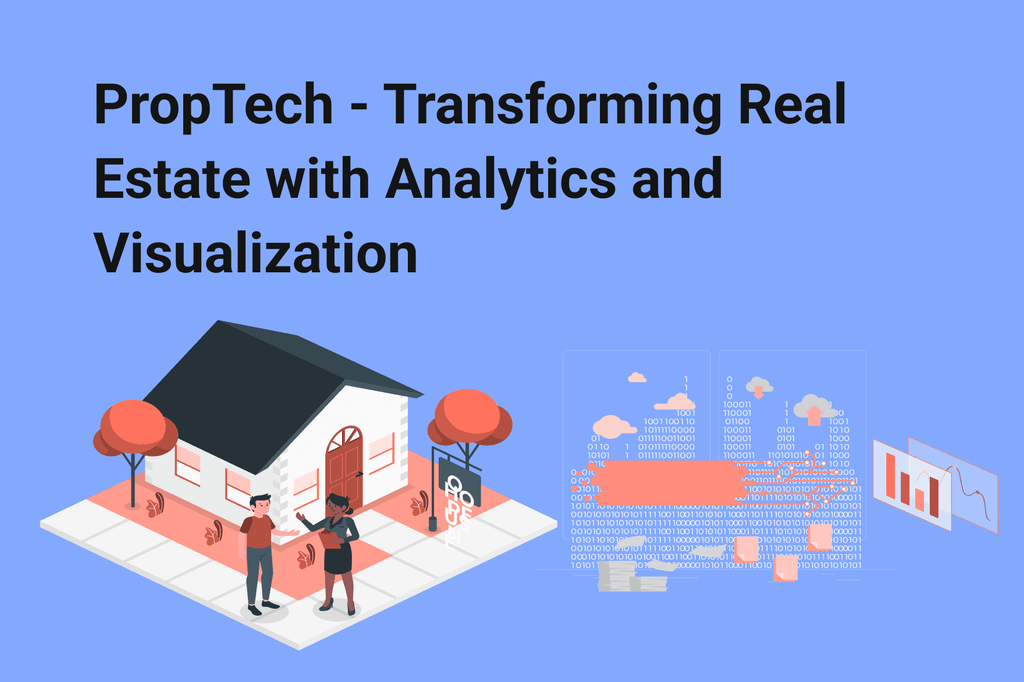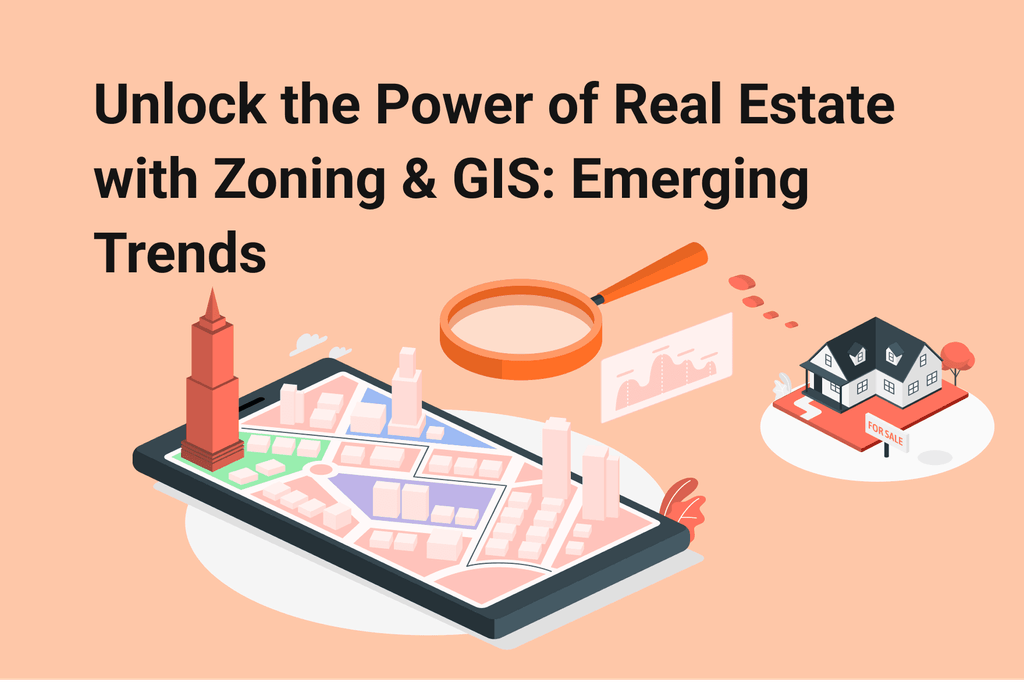
Don’t know where to start?
We will advise you on the best way to realize your idea, leveraging our expertise
FAQ
What are the benefits of implementing artificial intelligence (AI) and machine learning (ML) in property management software?
AI and ML can provide automated data analysis and predictive analytics, helping users identify trends and dependencies in the market. These technologies can also predict consumer behavior, enabling the formation of relevant offers and improving decision-making processes.
How can property management software benefit from cloud platforms?
Choosing cloud platforms to host property management software offers several advantages. It ensures proper workload distribution, provides standard-compliant security tools, and allows for almost unlimited scalability. Cloud hosting also enhances accessibility, enabling remote access and collaboration for companies with employees working in the field or remotely.
What advantages does blockchain technology offer to property management software?
Blockchain technologies can guarantee transparent and secure transactions within property management software. By leveraging blockchain, users can have confidence in the integrity of all deals performed within the software. Additionally, blockchain can be useful in streamlining contract management processes, enhancing security, and reducing the risk of fraud.
Table of contents:
Want to estimate your app idea?




